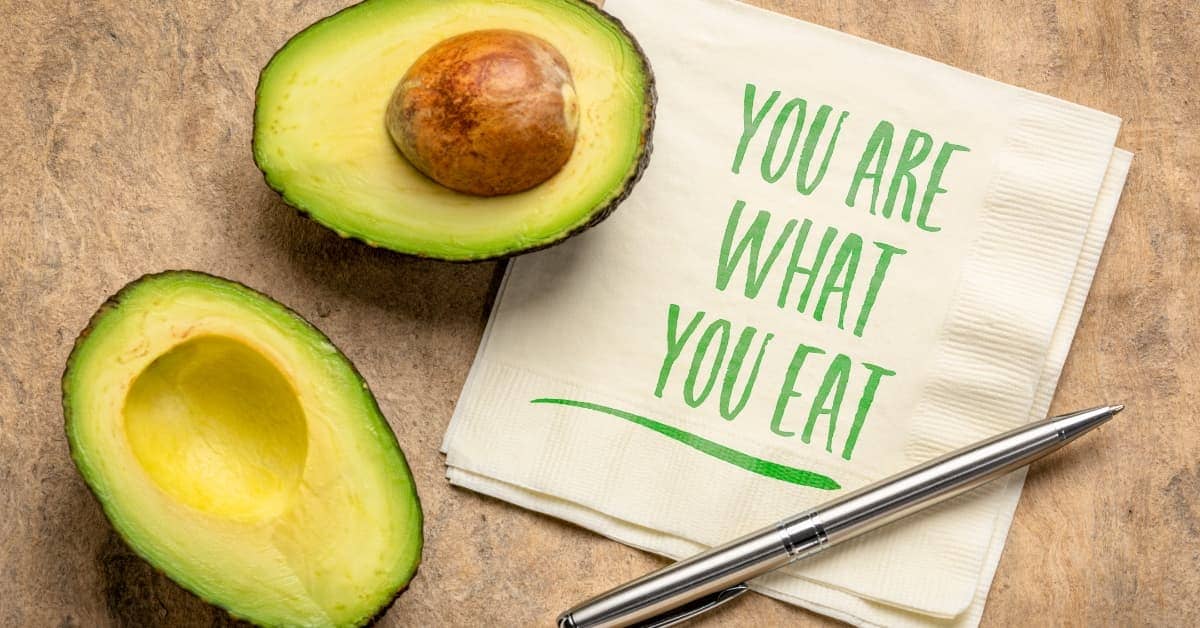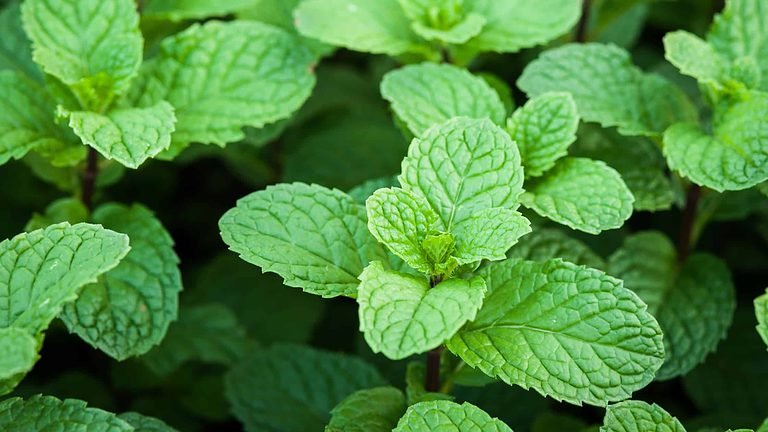How What You Eat Affects Your Skin
Your skin, the body’s largest organ, reflects your overall health and wellbeing. What you eat can significantly influence your skin’s condition, making diet an essential factor in maintaining a radiant complexion. The foods consumed daily can cause the skin to react in various ways, potentially leading to inflammation, redness, puffiness, eczema, acne breakouts, and increased signs of aging. A balanced diet rich in water, grains, fruits, vegetables, healthy fats, and protein provides the essential vitamins and minerals the skin needs to stay plump, moisturized, and firm. Understanding how a balanced, nutritious diet affects your skin can empower you to make informed choices that promote both inner and outer beauty. Here, we’ll explore the relationship between diet and skin health, offering practical advice to help you achieve a glowing, healthy appearance without drastic lifestyle changes.
Does Diet Affect Skin Conditions
Certain food groups can trigger flareups in individuals with common inflammatory skin conditions like psoriasis, eczema, acne, and dry skin. For example, those with acne often find that highsugar foods, dairy products, and foods high on the glycemic index can worsen their condition. Highsugar foods, dairy, and fatty foods can exacerbate some skin diseases or increase acne severity. Similarly, a lack of essential fatty acids and hydration can contribute to dry skin, making it crucial to maintain a balanced diet rich in nutrients.
The impact of diet on skin health varies among individuals. While some people may eat anything without issues, others might experience significant reactions to certain foods. For those struggling with skin conditions, an elimination diet can help identify potential problem foods by cutting out different groups one at a time.
Can a Healthy Diet Cure Skin Problems?
While a healthy diet may not completely cure skin problems, it can aid in managing them. Eating well balanced whole foods improves overall health and poses no risks. Enhancing diet quality can also help address general health issues like high blood pressure, heart disease, and high cholesterol, potentially extending lifespan. Increasing water intake benefits liver function, reduces kidney stones, and enhances skin appearance and texture.
Diet is an environmental factor affecting skin health, similar to sun exposure. A wellbalanced diet can promote healthy skin, reduce chronic conditions, and help prevent early aging. Consuming vitamins, minerals, and adequate water daily supports better skin health.
Can What You Eat Slow the Signs of Aging?
The impact of diet on skin aging is still debated among medical professionals, with limited studies available. However, certain dietary habits have been shown to help maintain youthful skin. Increasing daily water intake can add volume to the skin and reduce fine wrinkles by keeping the skin hydrated and plump. A diet rich in antioxidants, featuring a variety of fruits and vegetables, helps the skin recover from sun damage and reduces oxidative stress, which is a major contributor to aging.
Including foods high in vitamins C and E can support collagen production and protect against skin damage. Omega3 fatty acids found in fish and flaxseeds can help maintain the skin’s lipid barrier, reducing dryness and inflammation. Additionally, consuming foods with polyphenols, like green tea and dark chocolate, can improve skin elasticity and texture.
Collagen supplements are another option that some advocate for, as they may promote nail, hair, and skin cell growth. While the effects of collagen are still under study, increasing overall nutrient intake through a balanced diet is beneficial. Avoiding excessive sugar and processed foods is also crucial, as these can lead to glycation, a process that damages collagen and accelerates aging. Overall, adopting a wellrounded, nutrientrich diet can help slow the signs of aging and promote healthier skin.
What Foods Affect Your Skin the Most?
Foods affecting skin health vary based on individual conditions. For instance, those struggling with acne often find that high-fat or high-sugar foods, as well as foods high on the glycemic index, can worsen their condition. High-sugar foods, dairy, and fatty foods can exacerbate some skin diseases or increase acne severity.
On the other hand, adding beneficial food groups into the diet can significantly improve skin health. Whole foods, fresh fruits and vegetables, non-processed meats, white meat and fish, healthy fats, and water provide the essential vitamins, minerals, and nutrients that support skin vitality.
These foods help maintain hydration, promote collagen production, reduce inflammation, and protect against damage from free radicals. By focusing on a balanced diet rich in these beneficial food groups, individuals can better manage their skin conditions and enhance their overall skin health.
Do Fatty Acid Foods Help Clear Skin?
Different types of fats impact the skin differently, and incorporating the right types of fats into your diet can play a crucial role in maintaining clear, healthy skin. Saturated fats, commonly found in fried and processed foods, can contribute to inflammation and skin issues, potentially worsening conditions like acne. In contrast, omega-3 fatty acids, which are abundant in foods such as walnuts, salmon, and flaxseeds, are essential for skin cell health and overall skin function.
Omega-3 fatty acids have powerful anti-inflammatory properties that can help reduce redness and swelling, making them beneficial for individuals with inflammatory skin conditions like eczema and acne. These fatty acids also help maintain the skin’s lipid barrier, which is crucial for keeping the skin hydrated and preventing dryness and irritation.
In addition to omega-3s, other healthy fats are also important for skin health. Avocados are rich in monounsaturated fats, which help keep the skin moisturized and supple. Nuts and seeds, such as almonds and chia seeds, provide essential fatty acids and vitamins that support skin repair and regeneration. Dark chocolate, in moderation, can offer antioxidants and healthy fats that protect the skin from free radical damage.
Vegetables like spinach and broccoli are excellent plant-based sources of essential nutrients that support skin health. These vegetables are rich in vitamins A and C, which aid in collagen production and repair skin cells.
In Asian diets, particularly in Japanese cuisine, healthy fats play a significant role in maintaining skin health. Incorporating foods like fatty fish (such as salmon and mackerel), seaweed, and soy products can provide a balanced intake of healthy fats and essential nutrients. These foods are rich in omega-3 fatty acids and antioxidants, which help nourish the skin and reduce signs of aging.
Incorporating these healthy fats into your diet can provide the nutrients necessary for maintaining clear and healthy skin. By focusing on foods rich in omega-3 fatty acids and other beneficial fats, you can support your skin’s natural barrier, reduce inflammation, and promote a radiant complexion.
Which Foods Help Your Skin the Most?
- Grapes: Packed with antioxidants that help protect skin cells from damage.
- Broccoli: Contains vitamins A and C, which support collagen production and skin repair.
- Sweet Potatoes: Rich in betacarotene, which the body converts to vitamin A, crucial for skin health.
- Tomatoes: High in vitamin C and lycopene, which protect against sun damage.
- Bell Peppers: Provide vitamins A and C, which help maintain skin firmness and hydration.
- Soy: Contains isoflavones that can improve skin elasticity and reduce wrinkles.
- Green Tea: Rich in antioxidants that help reduce inflammation and protect against sun damage.
- Vitamin C supplements: Essential for collagen synthesis, improving skin texture.
- Kiwis: High in vitamin C, aiding in collagen production and skin repair.
- Spinach: Contains vitamins A and C, supporting skin health and repair.
- Yogurt: Provides probiotics that can enhance skin barrier function and hydration.
- Oranges: High in vitamin C, crucial for collagen production.
- Carrots: Rich in betacarotene, promoting healthy skin.
- Kale: Packed with vitamins A, C, and K, which support skin health.
- Whole grains: Provide essential nutrients that support overall skin health.
What Foods Can Damage or Negatively Affect Your Skin?
While individual reactions vary, certain foods often negatively impact the skin. Junk foods and sugary products can spike cortisol levels, leading to acne and other skin conditions. Avoiding highly processed snacks and incorporating healthier options can help maintain skin health. Instead of eliminating sugar completely, balance it with protein to prevent cortisol spikes and enjoy sweets without unwanted effects.
Maintaining a balanced diet is key. Rather than cutting out major food groups abruptly, focus on adding healthy foods to better meet nutritional needs. This approach can support healthier skin and overall wellbeing.
How Organix Mantra Skincare Products Help
Organix Mantra Skincare products can effectively help with acne by leveraging natural ingredients known for their antibacterial and anti-inflammatory properties. Tea tree oil, a key component, targets acne-causing bacteria and reduces redness and swelling, while Aloe vera soothes and moisturizes irritated skin. The hydrating serums, such as Hyaluronic acid, maintain proper moisture balance without clogging pores, preventing excessive oil production.Essential oils like Llavender and Peppermint calm the skin, reducing inflammation and promoting a clearer complexion. By adding Organic Mantra products into a daily skincare routine, individuals can achieve healthier, acne-free skin naturally.







